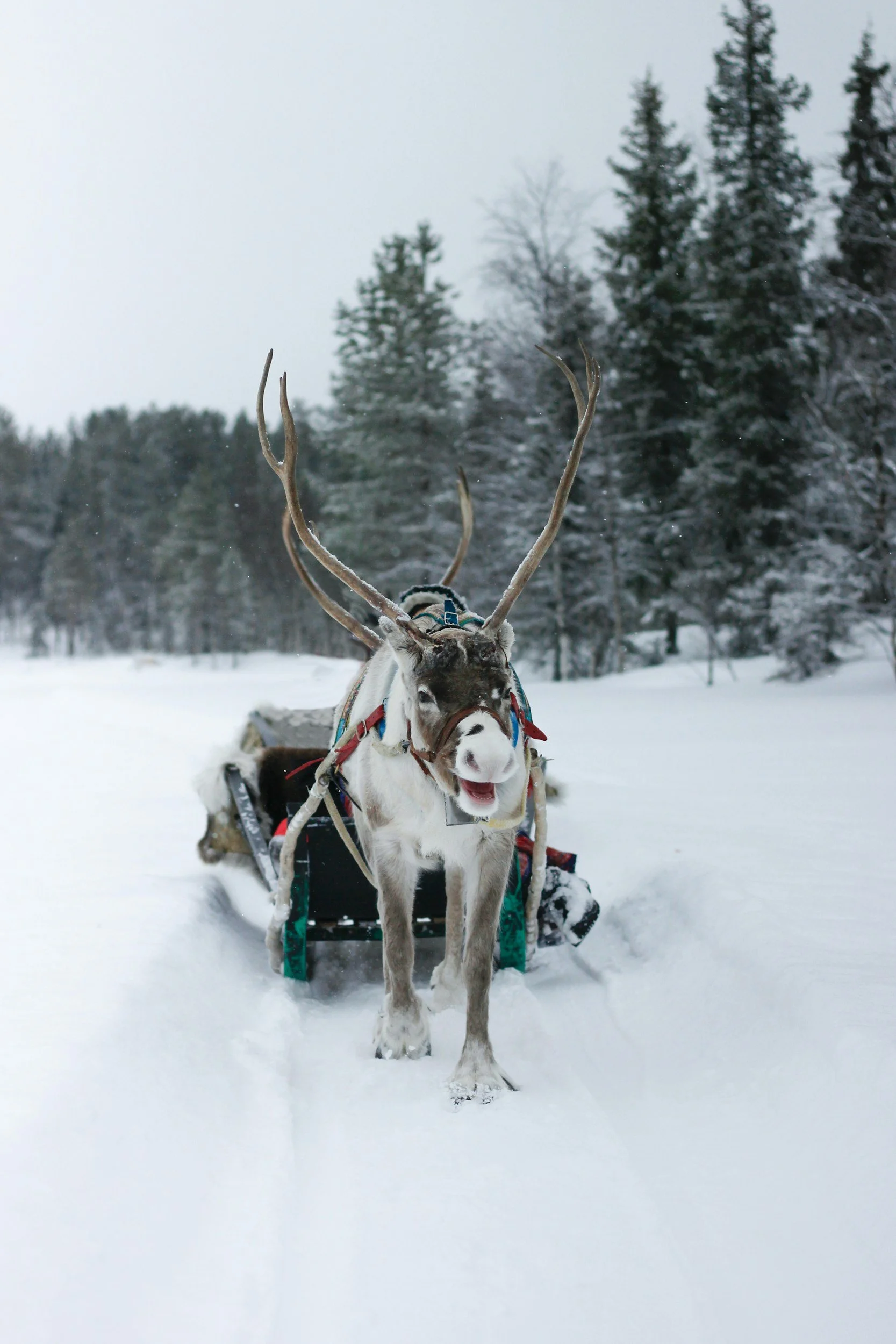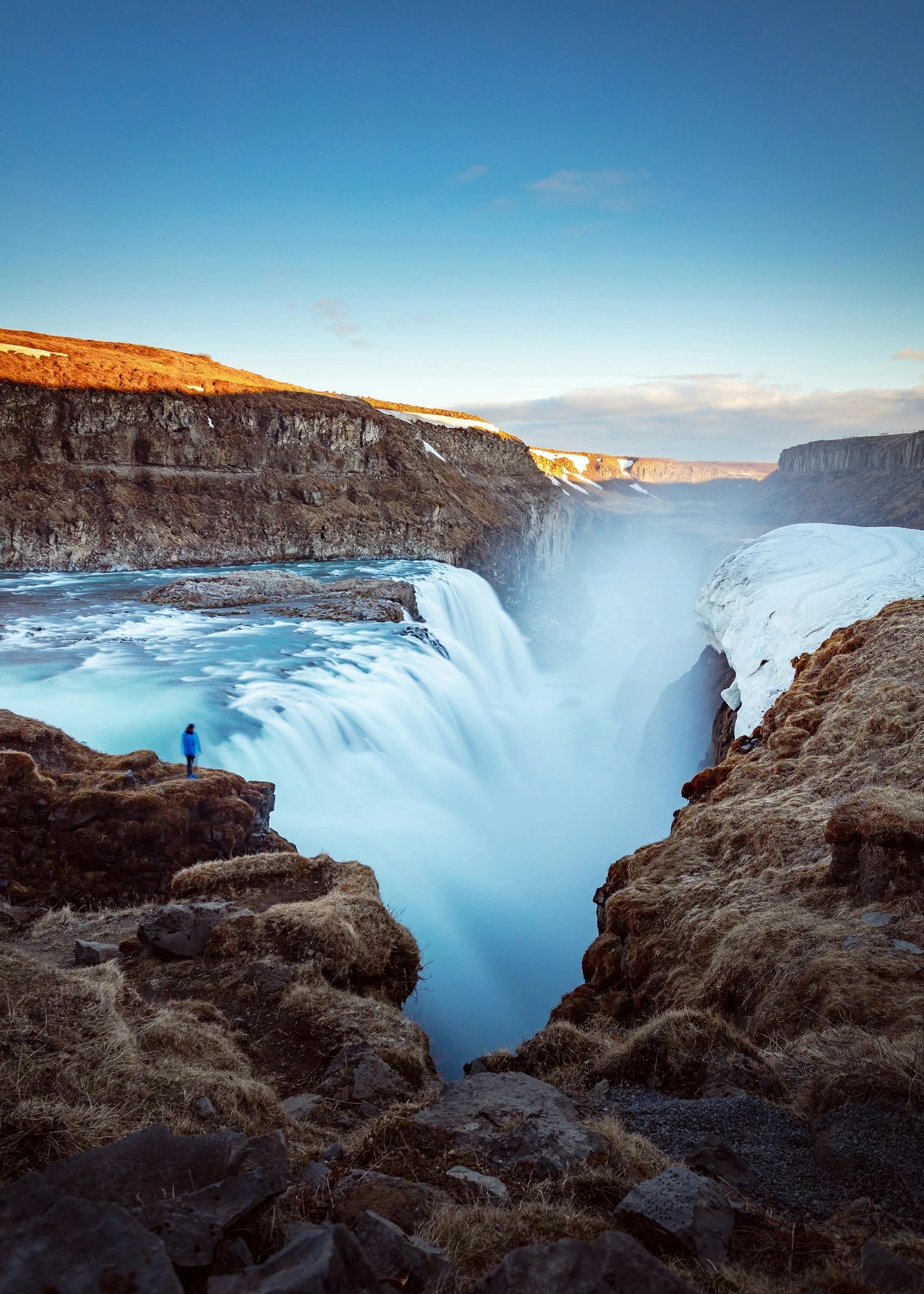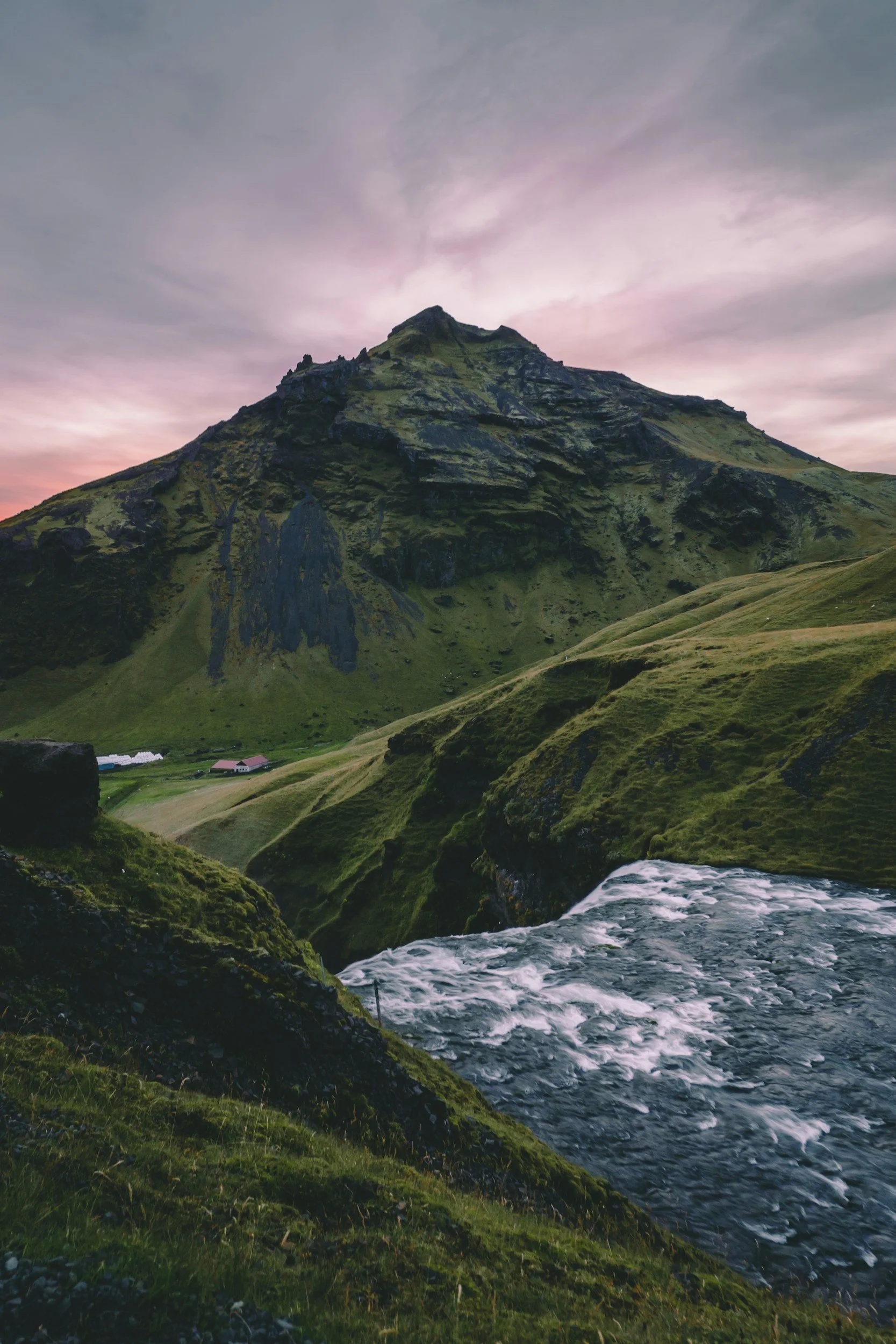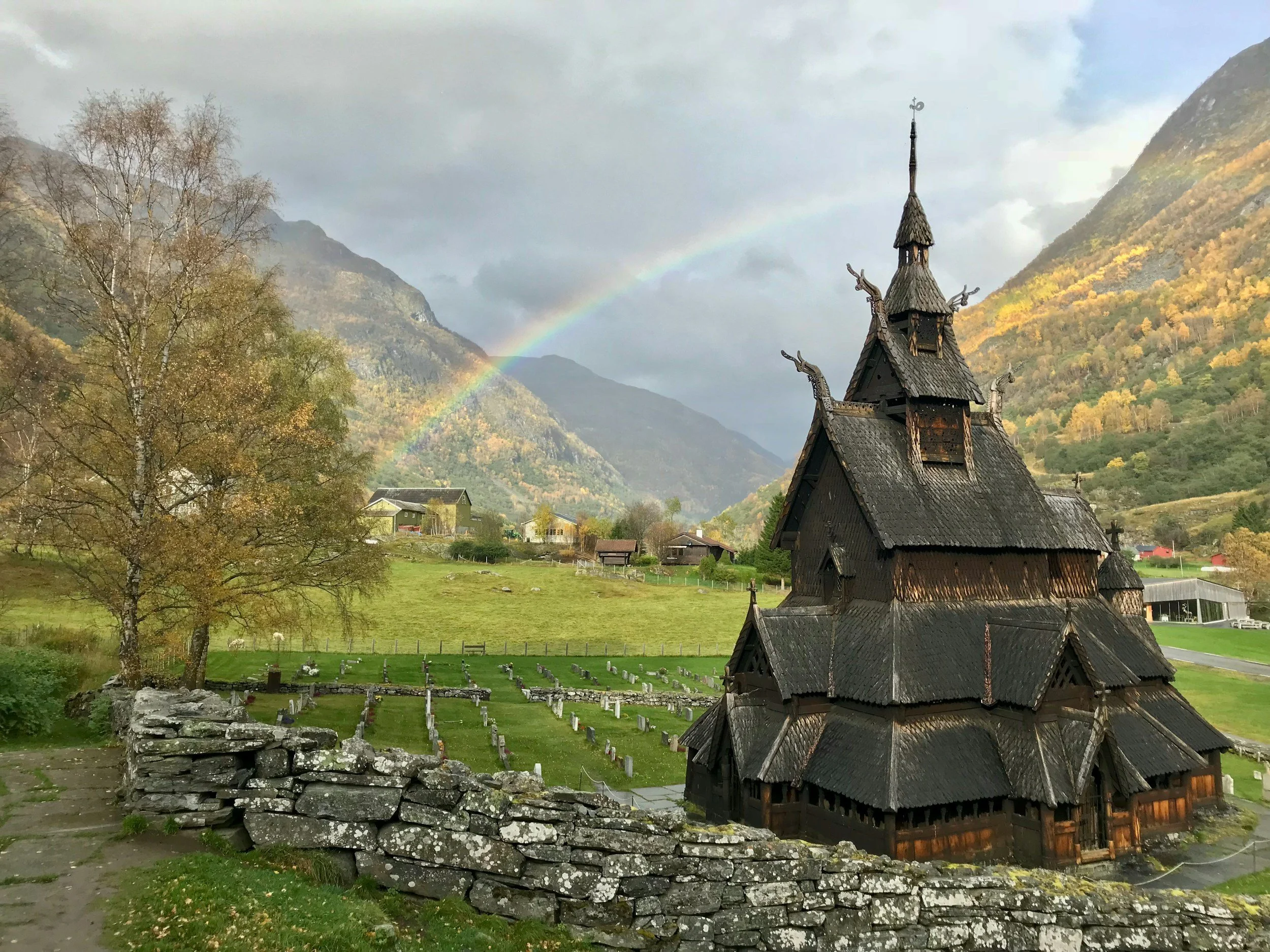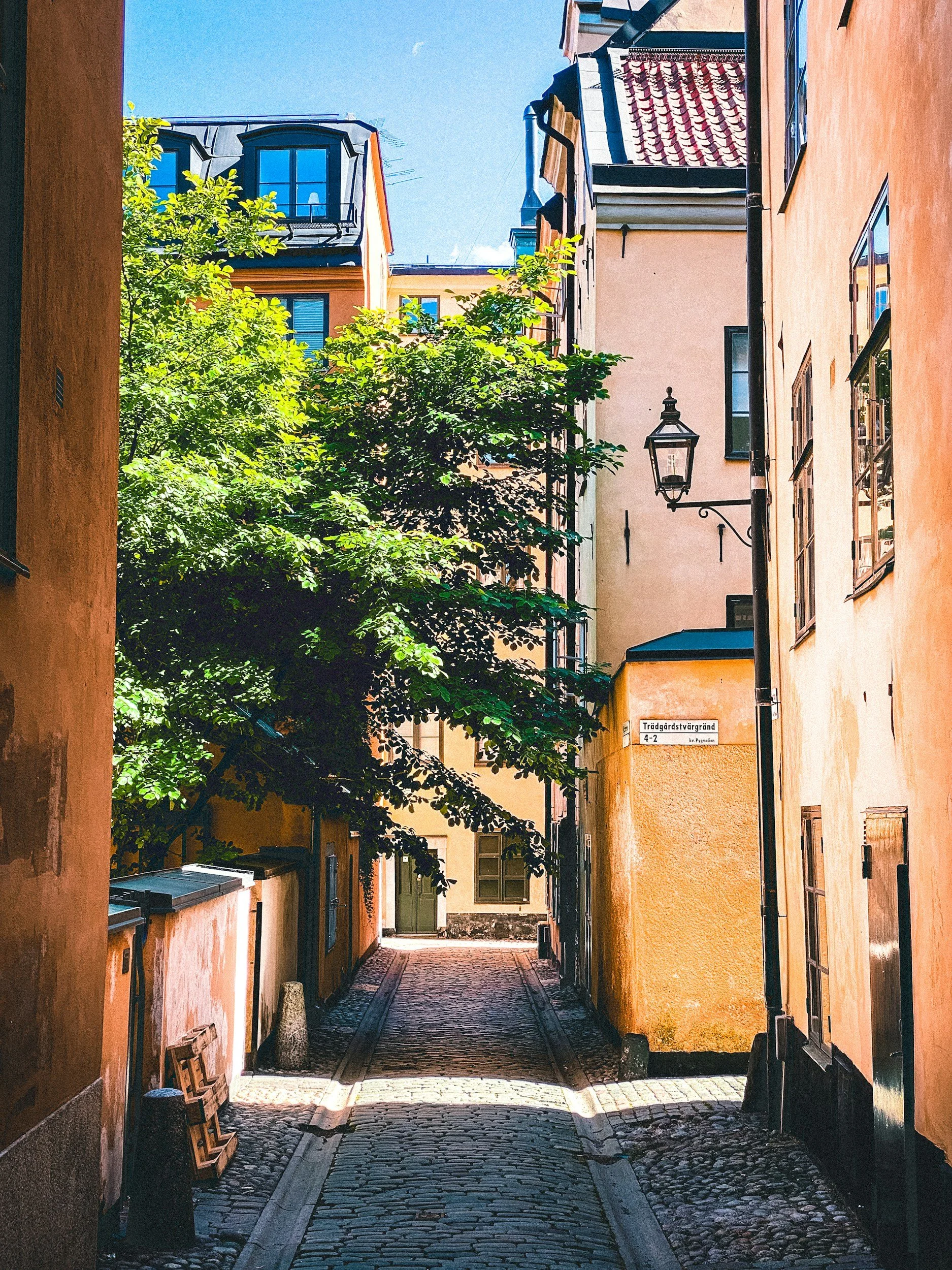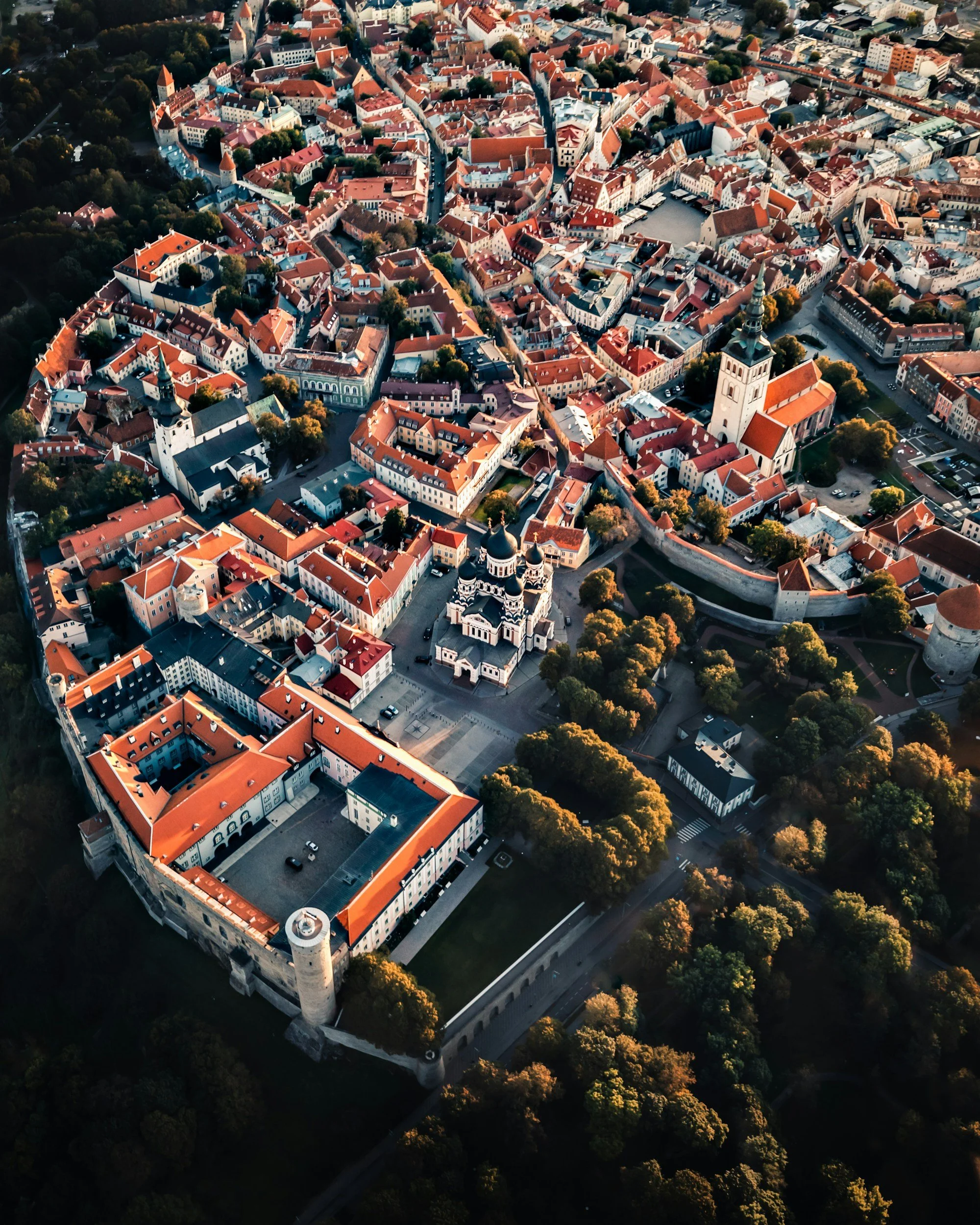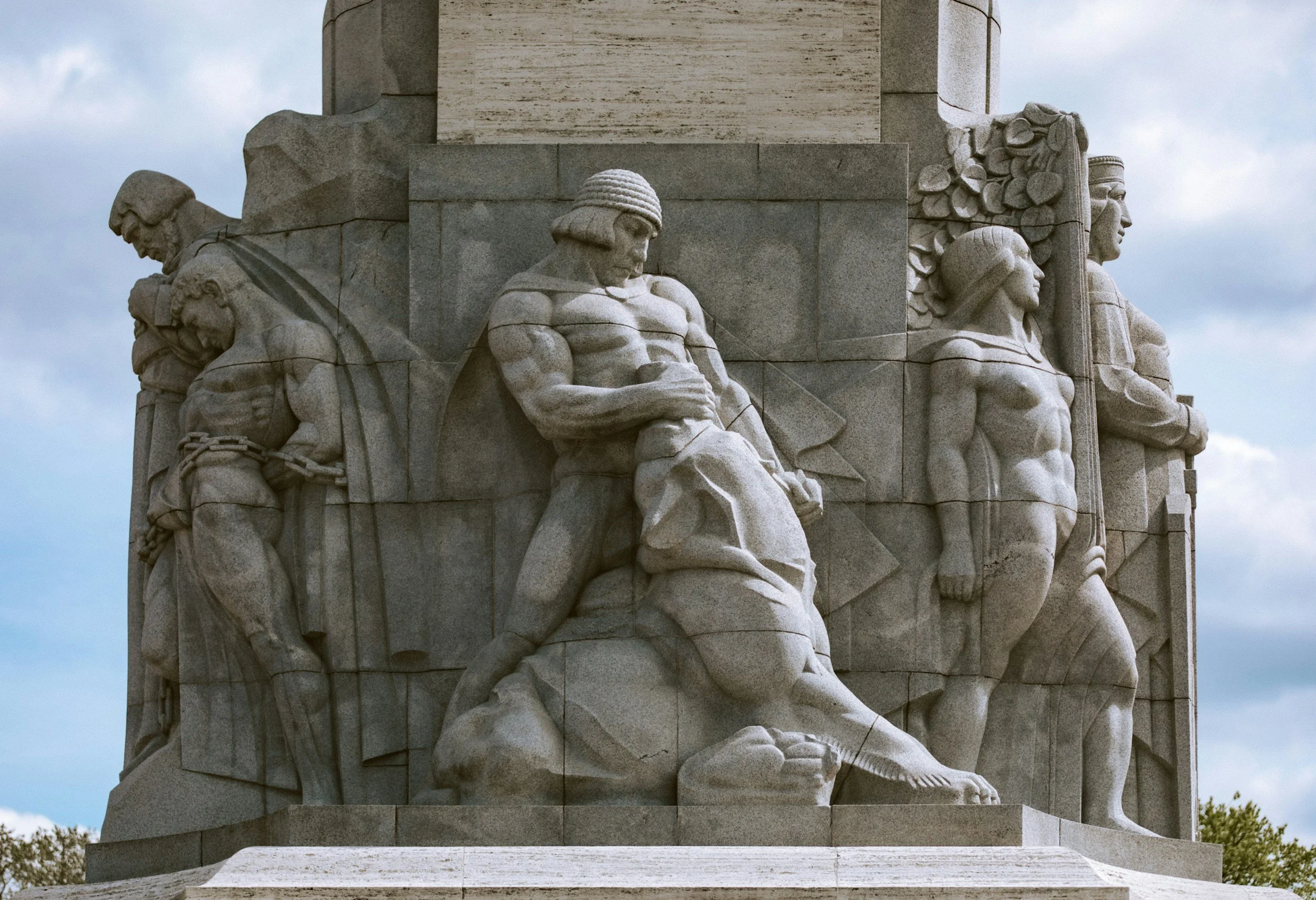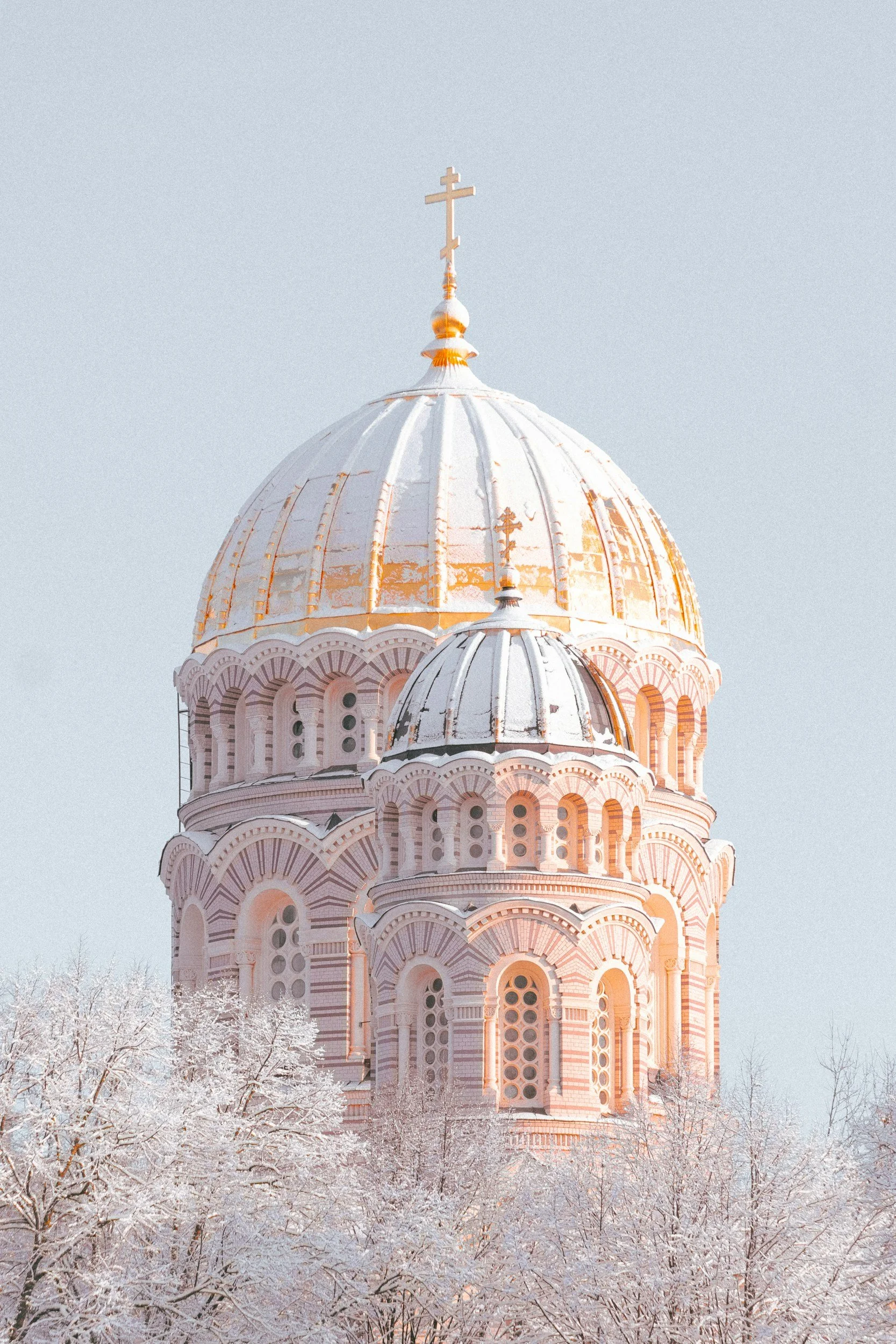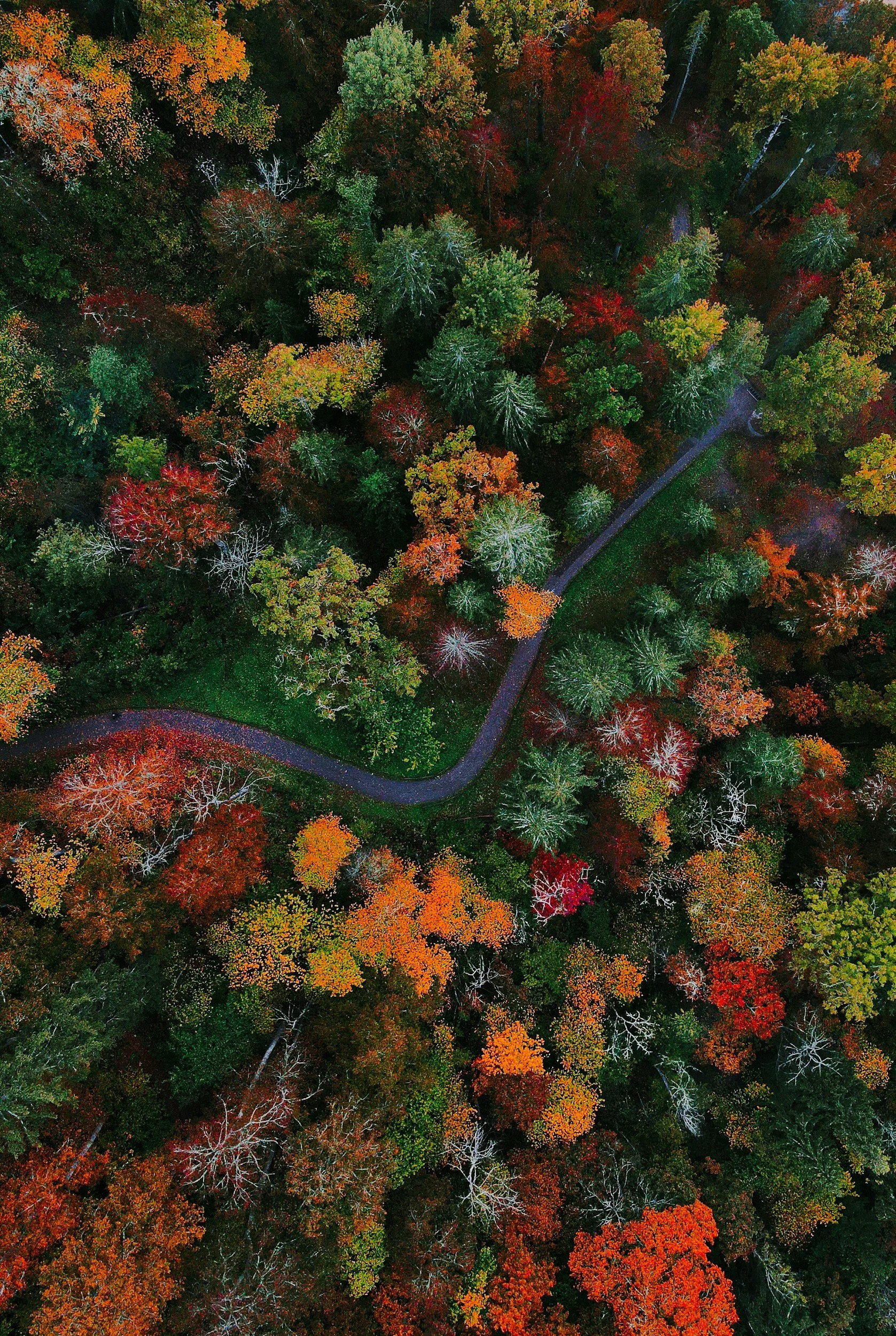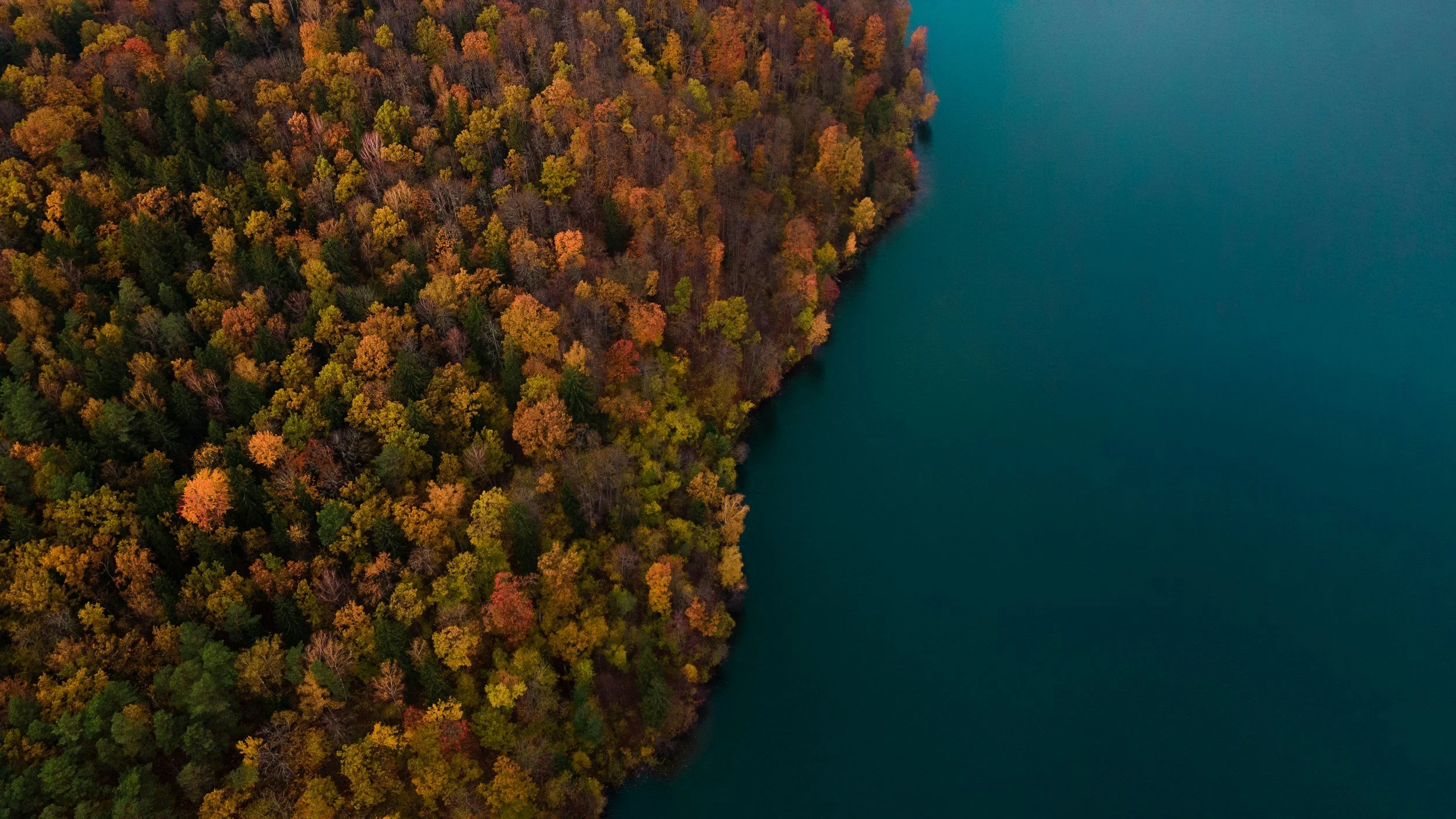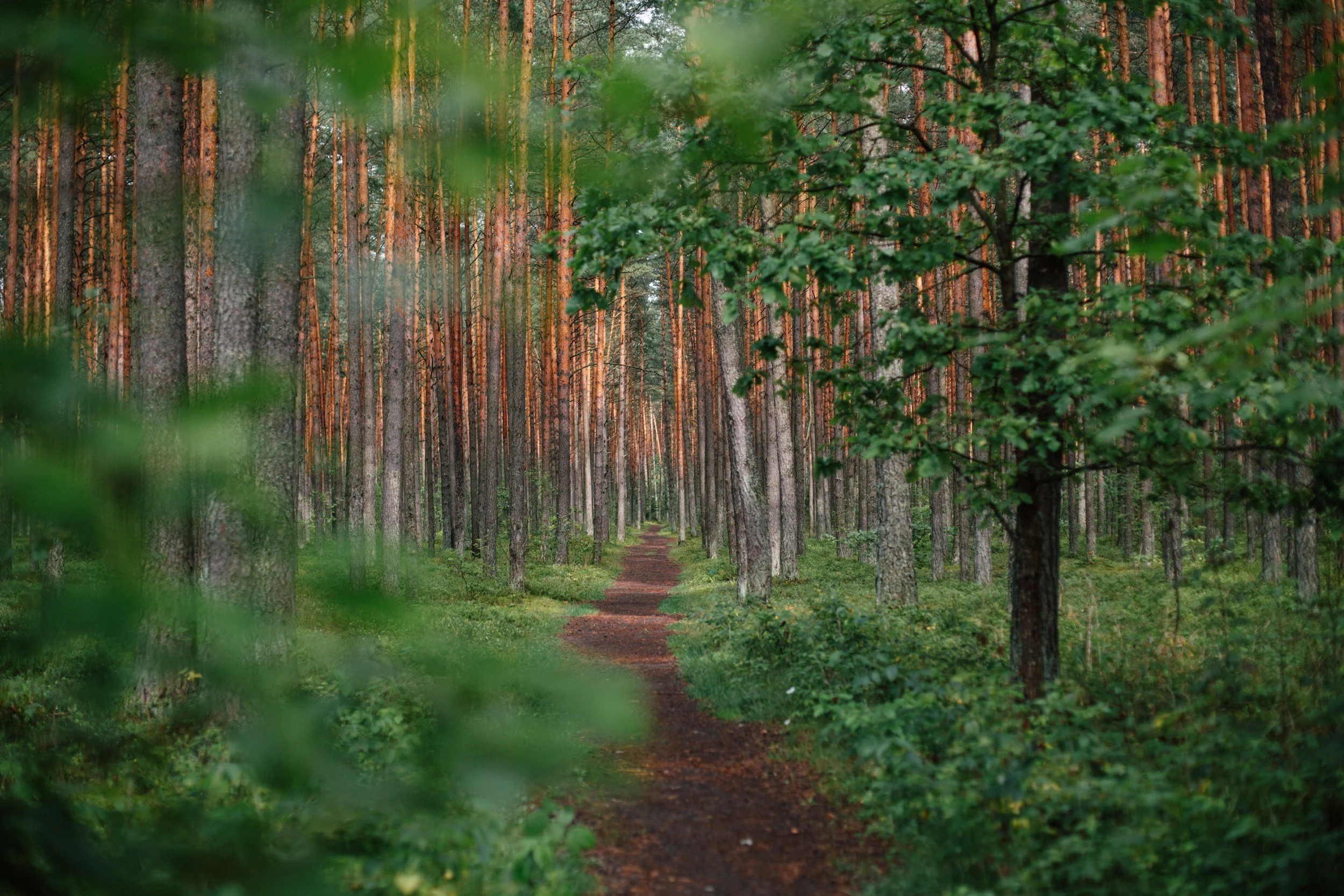
Filming in Northern Europe
Northern Europe, encompassing Denmark, Estonia, Finland, Iceland, Latvia, Lithuania, Norway, and Sweden, offers filmmakers a realm of ethereal light, elemental landscapes, and cutting-edge design traditions. From volcanic plains and glaciers to Nordic forests, fjords, and modernist cities, the region provides versatile backdrops for both natural and futuristic storytelling. With incentives generally ranging from 25% to 30% and film commissions that actively promote green, low-impact production, Northern Europe has become a leader in environmentally conscious filmmaking. Strong local crews, advanced post-production facilities, and streamlined permit systems further ensure that projects benefit from both technical excellence and sustainable practices.
Denmark combines fairytale architecture, cutting-edge design, and striking Nordic landscapes, offering filmmakers a wide visual palette. Copenhagen’s Nyhavn harbour, Tivoli Gardens, and Kronborg Castle, immortalized as Hamlet’s Elsinore, provide historic and literary resonance, while Møns Klint’s dramatic chalk cliffs and Aarhus’s Den Gamle By open-air museum evoke timeless European charm. The half-timbered villages of Funen enrich pastoral settings, while the Faroe Islands add sheer Atlantic cliffs, turf-roofed houses, volcanic peaks, and mist-veiled fjords perfect for atmospheric dramas and survival narratives. Greenland extends this scope to glaciers, icebergs, Arctic settlements, and vast tundra, uniquely suited to adventure films, environmental documentaries, and stories of human endurance. Together, these territories merge Nordic culture with some of the world’s most elemental backdrops. BARAMON collaborates with the Danish Film Institute to secure permits, coordinates access to protected heritage sites and fragile coastal zones, and liaises with craftsmen, fishermen, and Arctic communities, ensuring productions remain both authentic and sustainable.
Finland offers filmmakers a unique balance of urban culture and elemental wilderness, from Helsinki’s sea-girt Suomenlinna fortress and neoclassical squares to Lapland’s aurora-lit skies, reindeer herding traditions, and snowbound forests around Rovaniemi. The 20,000-island Archipelago Sea provides an endless maritime labyrinth, while Porvoo’s riverside of red-painted wooden houses embodies Nordic charm, and Koli National Park frames sweeping lake vistas that have inspired Finnish art for centuries. Productions benefit from Finland’s extreme seasonal contrasts, with the midnight sun extending shooting days in summer and polar nights creating atmospheric conditions in winter. These settings serve fantasy epics, survival dramas, wildlife documentaries, and intimate character stories. BARAMON works with the Finnish Lapland Film Commission to secure permits and incentives, arranges polar survival and safety training for crews, and engages Sámi advisers to ensure cultural authenticity in representing indigenous traditions.
Iceland delivers some of the world’s most cinematic and otherworldly landscapes, with Jökulsárlón Glacier Lagoon scattering blue icebergs across glacial waters, Thingvellir National Park marking the rift between tectonic plates, and Kirkjufell rising as one of the most photographed peaks in Europe. Diamond Beach, where luminous ice shards glisten against black volcanic sand, and the multicolored rhyolite hills of Landmannalaugar expand the palette to extremes of contrast and texture. These locations allow Iceland to double as alien planets, Arctic wilderness, or elemental mythscapes, supporting genres from fantasy sagas and science fiction to survival thrillers and nature documentaries. The island’s strong incentive schemes and experienced local crews further bolster its global reputation as a production hub. BARAMON liaises with the Icelandic Film Centre for permitting and rebates, secures landowner permissions, contracts glacier and mountain guides, and establishes base camps in remote or hazardous environments, ensuring safe and efficient operations in demanding terrain.
Norway offers filmmakers a dramatic interplay of fjords, peaks, and modern architecture, with Geirangerfjord’s sheer cliffs and plunging waterfalls standing as one of Europe’s most iconic natural sites. The jagged mountains of the Lofoten Islands rise directly from the Arctic Ocean, while Oslo’s Barcode district and Opera House provide sleek, contemporary lines for urban storytelling. Trolltunga’s famous rock ledge above the Odda fjord delivers extreme visual drama, and the Atlantic Ocean Road snakes across islets and bridges in a feat of engineering that seems built for cinematic car sequences. These landscapes serve epic sagas, survival narratives, extreme sports films, and eco-focused documentaries, with Norway’s Arctic light adding depth and atmosphere year-round. BARAMON works with the Norwegian Film Commission to streamline permitting, organizes helicopter and boat transfers for remote access, and sources professional mountain and ice-climbing teams to ensure productions meet the highest safety standards in demanding conditions.
Sweden provides a wide range of cinematic settings, from Stockholm’s cobbled Gamla Stan and royal palaces to Gotland’s Viking heritage and Visby’s UNESCO-listed medieval walls. In the far north, Lapland’s Kiruna and the Icehotel create spectacular winter environments, while the Göta Canal meanders through pastoral farmland, and Abisko National Park offers some of the world’s clearest views of the aurora borealis. These locations serve historical dramas, Viking epics, winter survival films, and eco-documentaries, with Sweden’s progressive sustainability policies aligning closely with green filming objectives. The country also boasts world-class sound stages and production facilities, particularly through Film i Väst, which supports many international co-productions. BARAMON collaborates with Film i Väst and regional commissions to secure access to studios and locations, engages Sámi advisors to ensure cultural authenticity, and arranges transportation and logistics in remote northern regions, ensuring productions combine creative ambition with sustainable practice.
Estonia offers a compact yet diverse range of filming environments, with Tallinn’s UNESCO-listed Hanseatic old town providing one of Europe’s best-preserved medieval settings, ideal for historical dramas and fantasy narratives. Lahemaa National Park contrasts this with primeval forests, bog landscapes, and manor houses, while Pärnu’s expansive sandy beach lends itself to summer stories and resort-themed productions. Tartu adds youthful vibrancy as a university hub with layered intellectual heritage, and Saaremaa island contributes rural authenticity through its traditional windmills, rugged coastlines, and historic lighthouses. These backdrops serve medieval tales, Nordic noir, and nature documentaries, enhanced by Estonia’s cutting-edge digital infrastructure and efficient permitting systems. Productions benefit from the Film Estonia cash rebate programme, which returns up to 30% of eligible spend. BARAMON secures incentives through this scheme, recruits bilingual crews accustomed to international shoots, and structures filming schedules to take advantage of the country’s exceptionally long daylight hours in summer.
Latvia provides a rich blend of architectural heritage and natural scenery, with Riga showcasing one of the world’s largest ensembles of Art Nouveau façades alongside a UNESCO-listed medieval old town. Gauja National Park adds sandstone gorges, dense forests, and castle ruins for adventure or fantasy settings, while Rundāle Palace delivers rococo splendour comparable to Versailles, offering grand interiors for period dramas. Kuldīga contributes both charm and dynamism with its cobbled old town and Europe’s widest waterfall, and Jurmala stretches along a 30-kilometre sandy beach framed by pine forests, perfect for summer romances and leisure narratives. These assets position Latvia for genres ranging from historical epics to light contemporary dramas, supported by efficient logistics and competitive production costs. BARAMON works with the National Film Centre of Latvia to unlock incentives and streamline permitting, negotiates agreements for filming inside palaces and heritage properties, and arranges transport and accommodation for crews working in rural or coastal locations.
Lithuania offers a versatile mix of heritage and landscapes, making it a favored stand-in for diverse European settings. Vilnius, with its Gothic and Baroque spires and winding streets, provides a compact old town capable of doubling for Central or Eastern European capitals. Trakai Castle, dramatically set on an island in a lake, lends medieval and fairytale character, while the Curonian Spit’s windswept dunes create an otherworldly natural stage for epics or art-house cinema. The Hill of Crosses, a pilgrimage site layered with tens of thousands of votive crosses, delivers powerful religious and symbolic imagery, and Kernavė’s UNESCO-listed archaeological reserve offers prehistoric landscapes suited to period reconstructions. Lithuania’s competitive production costs and well-developed incentives have attracted numerous international projects, particularly those seeking authenticity without overspending. BARAMON secures permits through the Lithuanian Film Centre, engages historical consultants to advise on religious and cultural accuracy, and partners with skilled local art departments to recreate 19th-century villages and detailed period environments.




